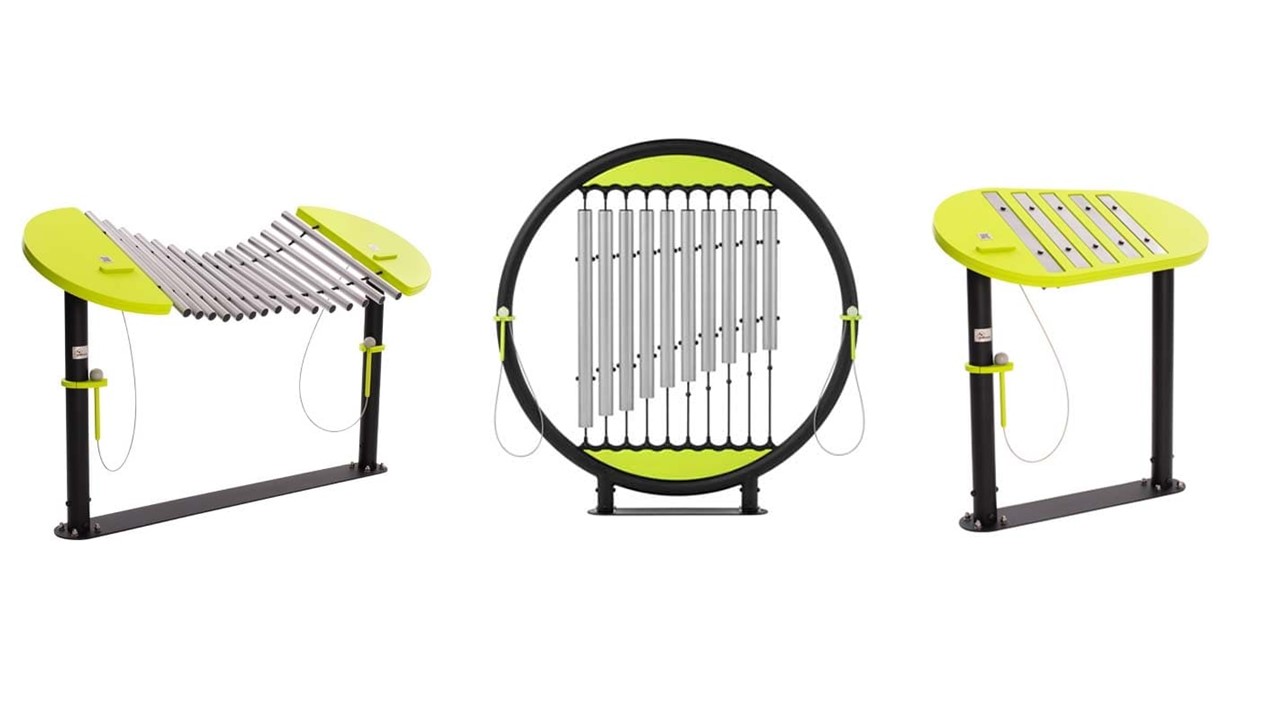Playing musical instruments from childhood helps to develop the child’s brain and enhance their cognitive abilities, increasing neuronal activity and the transmission of signals between neurons. Children are like sponges that absorb knowledge very quickly. Hence, it is effortless for them to learn to play instruments, even though it is a skill that can be acquired at any age. Although for some children, music may be more accessible, anyone can learn according to the dedication, time invested, and discipline; being also essential to choose an instrument with which the child feels comfortable and not force them because he can get frustrated and not want to participate in this activity.
Beginning musical learning
Some children begin their formal musical learning from the first year, but this should not be seen as an obligation but as a means of play and entertainment where the child feels at ease and akin to the instruments, which should also be suitable for them. Toy pianos, rattles, tambourines, xylophones, or small guitars can be excellent options for introducing children to the musical world.
More than a game
Musical instruments can also be found in playgrounds; here, the instruments are of greater magnitude and serve for group games; however, this is more than just a game because of all the benefits it brings to children, from helping cognitive skills or improving coordination to increasing social and academic skills.
The role of parents
Parents are fundamental for children’s first approach to music. They must get involved and motivate children to know and enjoy the musical world, introducing them to different instruments, stimulating play with musical instruments, and cultivating a culture of contact with music so that they feel comfortable and absorb it without feeling it is an obligation, demand or whim of the parents.
Contributions to music at an early age
As mentioned in previous articles, music brings many benefits and positive impacts on people, especially children, thanks to its capacity for learning and development. One of the main benefits of learning music at an early age is that children improve their ability to concentrate, pay attention, and have memory. The music encourages rationing, which in the long term, translates into an improvement in their ability to solve problems and find more complex solutions. Also, playing instruments improves children’s coordination by making movements with their hands and fingers and fine-tuning their sight and hearing; it helps to improve their posture to have more confidence, control, and communication skills in general.
What do you think about this topic? Do you believe musical instruments are essential in the early years of children?
If you want to know about musical instruments for playgrounds, you can visit the following link.
